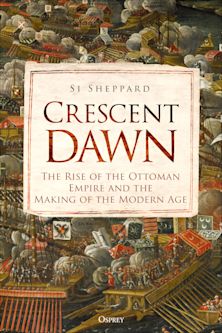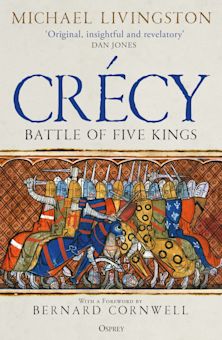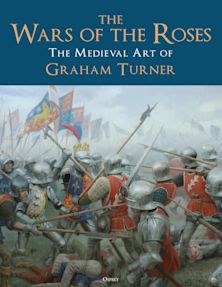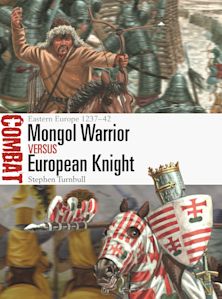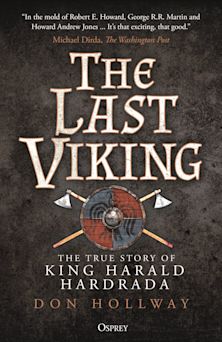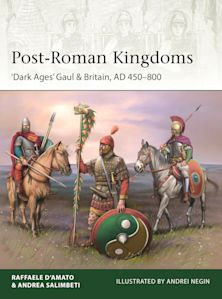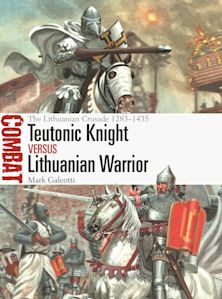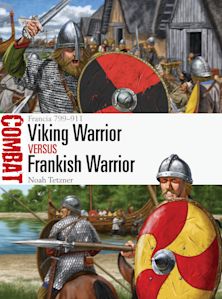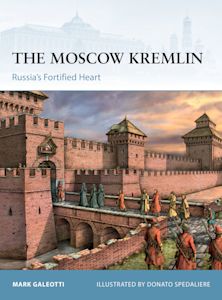The Conquest of Saxony AD 782–785
Charlemagne's defeat of Widukind of Westphalia
The Conquest of Saxony AD 782–785
Charlemagne's defeat of Widukind of Westphalia
For information on how we process your data, read our Privacy Policy
Description
Charlemagne's conquests became the driving force in European politics between the Muslim defeat at Poitiers and the Crusades. He dominates the military history of Medieval Europe since his empire spanned France, western Germany, and northern Italy.
Charlemagne's conquest of the Saxons was the hardest fought and most protracted of his wars. It involved 18 campaigns spread over 33 years, a great deal of lower-level fighting and the harshest final peace settlement that Charlemagne ever imposed upon a defeated foe. This was also the most important of all Charlemagne's war for the future direction and character of European history and, paradoxically, it also began the long process of uniting the German-speaking peoples.
Starting in 772 with a series of raids and incursions, the Carolingian campaign rapidly took on the character of a religious conquest, and may well have been the inspiration for the later crusades against both Islam and pagan peoples of Prussia and Livonia. Following a series of revolts and uprisings under the popular Saxon leader Widukind, Charlemagne took the field personally in the years 782 to 785 and, through a series of pitched battles and smaller actions before finally brining Widukind to heel in 785, consolidating Saxony as part of the greater Carolingian Empire.
Table of Contents
Chronology
Opposing commanders
Opposing armies
Orders of battle
Opposing plans
The campaign
Aftermath
The battlefields today
Further reading
Index
Product details
| Published | Aug 19 2014 |
|---|---|
| Format | Paperback |
| Edition | 1st |
| Extent | 96 |
| ISBN | 9781782008255 |
| Imprint | Osprey Publishing |
| Illustrations | 30 b/w; 30 col |
| Dimensions | 248 x 184 mm |
| Series | Campaign |
| Short code | CAM 271 |
| Publisher | Bloomsbury Publishing |

Resources
Discover More
Visit our exclusive member's website to see artwork, maps, and more from this book.

Resources
Book Vote
Tell us what titles you would like to see published by Osprey, then vote for your favourites in our monthly book vote!










